
In a pooled analysis of 2 key clinical trials, empagliflozin was beneficial in patients with heart failure with a reduced and preserved ejection fraction.
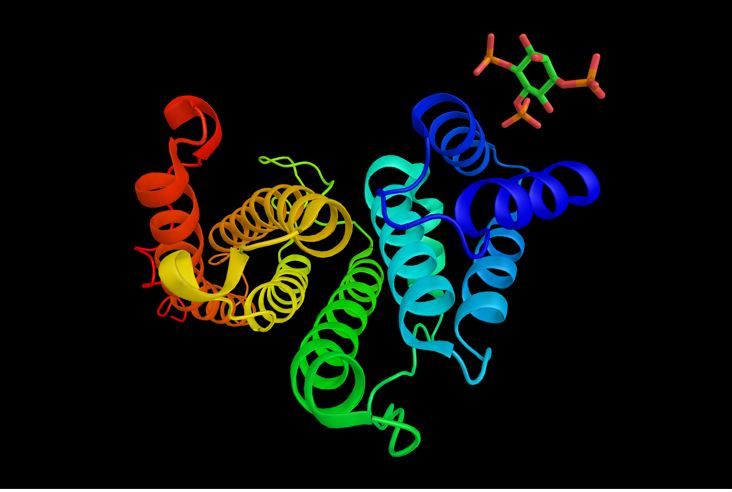
Iron Deficiency Increases Risk for Incident Coronary Heart Disease in Middle Age, Suggests New Study

In a pooled analysis of 2 key clinical trials, empagliflozin was beneficial in patients with heart failure with a reduced and preserved ejection fraction.

Empagliflozin in patients with HFpEF reduced by 21% the risk of cardiovascular death or heart failure hospitalization across all prespecified subgroups, including those with/without diabetes.
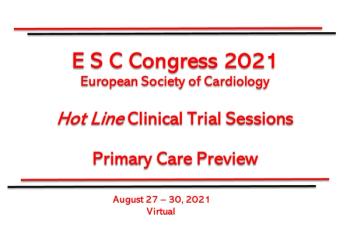
The ESC Congress 2021, Aug 27-30, 2021, is here. For primary care, we highlight the "Hot Lines" clinical trial presentations where new data from novel trials will premier.

The new indication for empagliflozin is to reduce risk of CV death and hospitalization for heart failure in patients with HFrEF,

Delaying or forfeiting care for HF significantly increased future health care costs, a finding at odds, say study authors, with the inability to afford regular treatment.

The first nonsteroidal mineralocorticoid receptor antagonist to be approved for adults with T2D-associated CKD fills a significant treatment void for millions of patients.
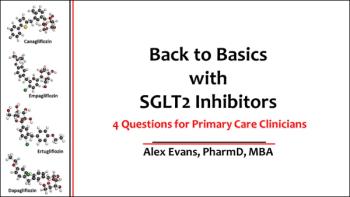
The SGLT-2 inhibitor class, originally approved as antihyperglycemic agents for T2D, has proven "pluripotent," adding indications for related conditions. Test your knowledge of a few basic facts.

Empagliflozin, already indicated to improve outcomes in patients with HFrEF, reduced risk of a composite of CV death or hospitalization for HF in adults HFpEF, marking a potential therapeutic milestone.

Diabetes investigator John Buse, MD, PhD, says laser focus on reducing T2D risk factors is equally as important as using the next right drug against the disease.

Adults in their 30s and 40s who had high BMI in adolescence were at highest risk for type 2 diabetes and early MI, regardless of adult BMI, after 24 years of follow-up, a new study finds.
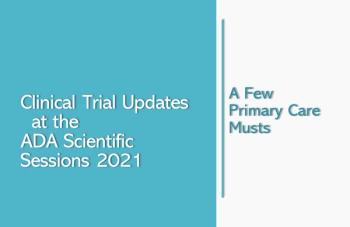
The American Diabetes Association 2021 Scientific Sessions run from June 25 to 29. This short slide show highlights 6 clinical trial updates that are a "must see" for primary care clinicians.

SGLT-2 inhibitor investigator Mikhail Kosiborod, MD, answers questions about patient selection for the class of drugs, now with approval to treat much more than type 2 diabetes.

Mikhail Kosiborod, MD, a lead investigator for clinical trials of SGLT2 inhibitors, traces the class history from antidiabetic agents to guideline-recommended multidisease treatments.

Results of this large study also suggest women with high pericardial fat volume are at greater risk for HF than men, findings that have implications for stratifying prevention and treatment.
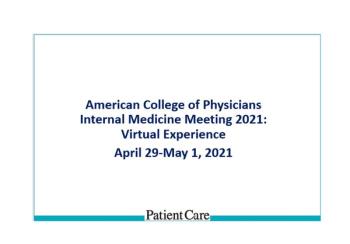
ACP: Clyde W Yancy, MD, gave a comprehensive update on a year's worth of pivotal science in treatment of heart failure. Here are the highlights.

In a subanalysis of the landmark DAPA-HF trial, dapagliflozin benefits were observed in both men and women, an important finding given variable response to cardiovascular drugs among women.

ENDO 2021: Obese individuals treated with semaglutide 2.4 mg vs placebo demonstrated improvements in body composition paralleling weight loss that may reduce risk for cardiometabolic disease.

A new modeling study estimates that 64% of US COVID-19 hospitalizations were attributable to at least 1 of 4 pre-existing cardiometabolic conditions.

FDA approved the fixed-dose combination heart failure drug sacubitril/valsartan to reduce risk of CV death and hospitalization in patients with chronic heart failure.
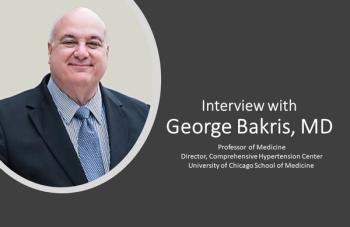
Video: George Bakris, MD says over the next 3 years there is going to be an "explosion" in the number of studies we see in heart failure, diabetic kidney disease, and CV risk in general.